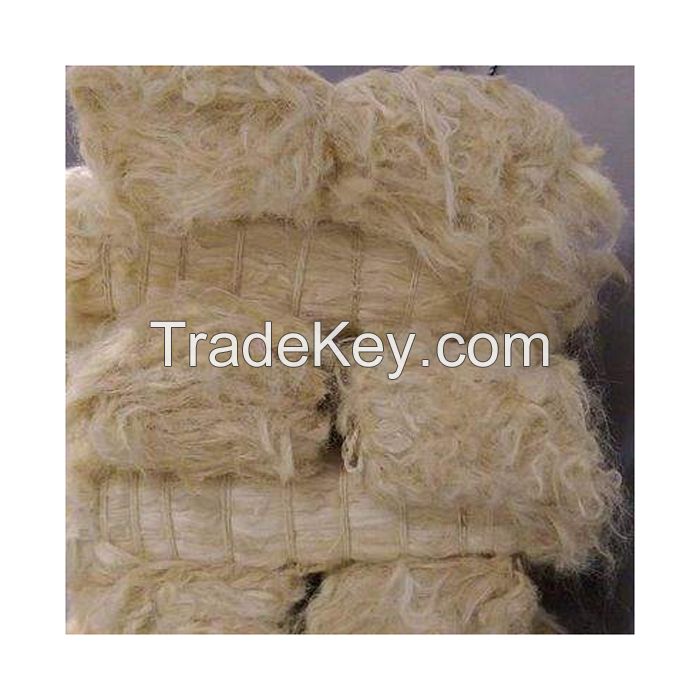
FOB Price
أحصل على آخر سعر280 ~ 380 / Ton
|Minimum Order
Place of Origin:
-
Price for Minimum Order:
Minimum Order Quantity:
10 Ton
Packaging Detail:
As a Customers' Requirement
Delivery Time:
10 to 20 days
Supplying Ability:
10000 Ton per Month
Payment Type:
T/T, Western Union, Money Gram, PayPal
Canada
Sisal fiber is a natural fiber derived from the leaves of the Agave sisalana plant, which is native to Mexico but is now cultivated in many countries worldwide. Here\'s an overview of sisal fiber:
Source: Sisal fiber comes from the long, green leaves of the Agave sisalana plant. These plants are harvested for their leaves, which contain the fibrous material used to make sisal.
Characteristics: Sisal fiber is known for its strength, durability, and resistance to deterioration in saltwater. It is relatively coarse compared to some other natural fibers, making it suitable for applications where strength and durability are important.
Applications: Sisal fiber has a wide range of applications, including:
Environmental Benefits: Sisal is considered an environmentally friendly fiber because it is biodegradable and renewable. The Agave sisalana plant is relatively easy to cultivate and requires minimal water compared to some other fiber crops.
Global Production: Sisal fiber is produced in various countries around the world, including Brazil, Kenya, Tanzania, China, and Madagascar. These countries have favorable climates for growing the Agave sisalana plant.
Processing: After harvesting, the leaves of the Agave sisalana plant are crushed to extract the fiber, which is then cleaned, dried, and often combed or brushed to remove impurities and straighten the fibers.
